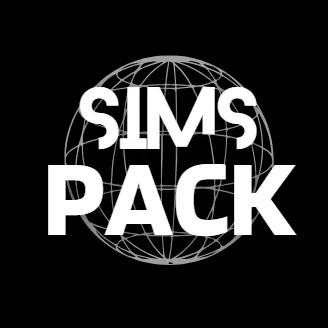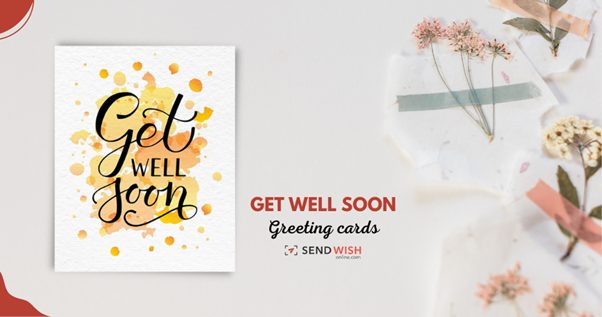Introduction:
Sending a get well soon card is a thoughtful way to show someone that you care during their recovery. However, choosing the right words is crucial to convey comfort and support. In this article, we’ll explore what not to write in a get well soon card, ensuring that your well wishes bring positivity and encouragement without unintentionally causing distress.
Avoid Mentioning the Severity of the Illness:
While your intentions may be good, it’s best to avoid delving into the specifics of the illness or its severity. Expressing sentiments like “I heard it’s really bad” or dwelling on medical details can inadvertently increase anxiety for the recipient. Focus on uplifting messages that convey hope and optimism instead.
Steer Clear of Negative Phrases:
Negative phrases or expressions can unintentionally dampen the spirits of the person receiving the card. Avoid phrases like “It could be worse” or “I heard about someone who had it much worse.” These statements, even if well-intended, may undermine the individual’s feelings and the challenges they are currently facing.
Don’t Overemphasize Personal Experiences:
While sharing personal experiences can be comforting, be cautious not to overemphasize your own encounters with illness. Statements like “I had the same thing, and it was terrible” might unintentionally overshadow the recipient’s experience. Keep the focus on their journey and express empathy without dominating the conversation with your own stories.
Refrain from Offering Medical Advice:
Avoid giving unsolicited medical advice in your get well soon card. Statements like “You should try this treatment” or “My friend cured a similar ailment with this remedy” may not be well-received. It’s essential to respect the recipient’s medical choices and leave the advice to healthcare professionals.
Skip Religious or Spiritual Assumptions:
While many people find comfort in their faith or spirituality, assuming the same for the recipient may not be appropriate. Avoid phrases like “It’s all part of God’s plan” or “Praying for your healing,” unless you are certain about the person’s beliefs. Respect their individual perspective on spirituality.
Don’t Make Light of the Situation:
Humor can be a powerful tool, but it’s crucial to gauge the appropriateness of humor in a get well soon card. Avoid making light of the person’s illness with jokes or sarcastic comments. What might seem funny to one person could be interpreted differently by someone going through a challenging time.
Steer Clear of Generic or Cliché Statements:
Generic or cliché statements like “Get well soon” or “Everything happens for a reason” may lack the personal touch needed in a sincere get well soon card. Strive for more heartfelt and specific messages that convey genuine care and support.
Avoid Promises of a Quick Recovery:
While optimism is encouraged, making promises about a quick recovery may not be realistic. Everyone’s healing process is unique, and it’s essential to acknowledge the uncertainties of recovery. Instead, express your belief in their strength and resilience throughout the journey.
Refrain from Comparisons to Others:
Comparing the recipient’s situation to that of others, even if meant to provide perspective, can be discouraging. Statements like “My friend recovered in no time” may unintentionally downplay the challenges the person is facing. Focus on their individual journey and offer support accordingly.
Skip Negative Projections:
Avoid negative projections about the future or potential complications. Expressions like “This might be a long road” or “You may never fully recover” can create unnecessary worry. Keep the focus on the present, offering reassurance and encouragement for each step of their recovery.
Avoid Unwanted Pity or Sympathy:
While expressing empathy is essential, be cautious not to convey pity or sympathy in a way that makes the recipient feel helpless or pitiable. Phrases like “I feel so sorry for you” or “You must be going through a terrible time” may unintentionally create a sense of helplessness. Instead, focus on uplifting and empowering messages that highlight the person’s strength.
Steer Clear of Unsubstantiated Positive Claims:
While maintaining a positive tone is encouraged, avoid making unsubstantiated positive claims about their recovery. Statements like “You’ll be back to normal in no time” may not align with the uncertainty of the healing process. Opt for messages that express hope and support without making definitive predictions.
Don’t Bring Up Unrelated Issues:
Stay focused on the recipient’s well-being and avoid bringing up unrelated or potentially distressing issues in your get well soon cards. Keep the message centered on their recovery, and save unrelated matters for a more appropriate time.
Conclusion:
In simple words, what not to write in a get well soon card involves avoiding details about the severity of the illness, negative phrases, overemphasizing personal experiences, offering medical advice, assuming religious or spiritual beliefs, making light of the situation, using generic statements, promising a quick recovery, comparing to others, and projecting negativity about the future. By steering clear of these pitfalls, your get well soon card can be a source of comfort and encouragement during the recipient’s journey toward healing.




